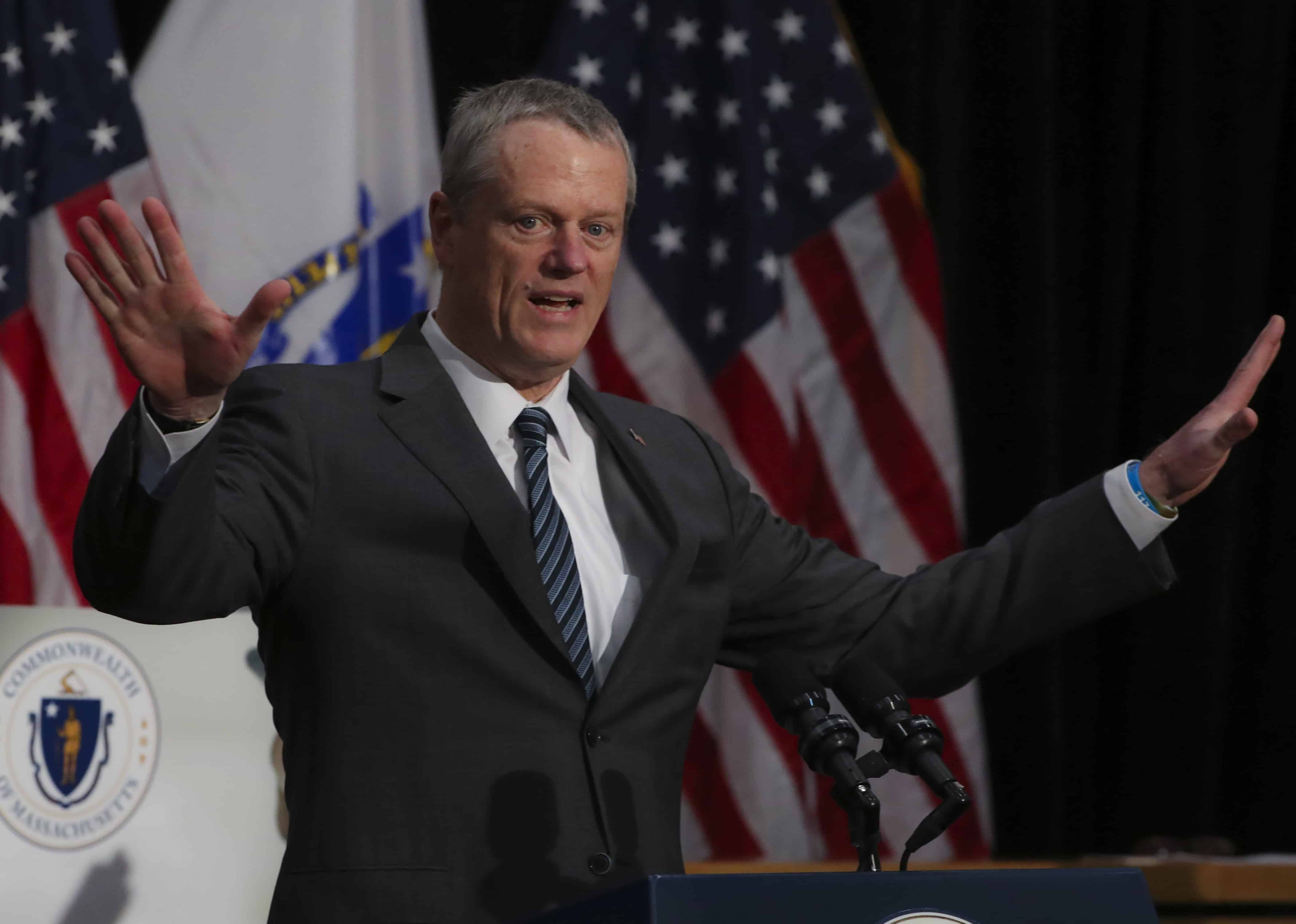Endorsing the idea of a “phased in” reopening of the state’s economy, Senate President Karen Spilka told business leaders on Tuesday that the COVID-19 pandemic could present opportunities to begin repairing transportation infrastructure and to elevate as a priority early education and child care.
Spilka, an Ashland Democrat, was the featured speaker in a virtual event hosted by the Greater Boston Chamber of Commerce. Forced to lead during an unprecedented time, Spilka said the Senate was working to be as “nimble” as it could be, but like most other people lacked the ability to see all the challenges that lie ahead.
“We don’t have a playbook. We need all of your bright minds to help us plan this going forward,” Spilka said.
Before the coronavirus upended daily life around the country, the legislature was engaged in serious discussions about how to improve the state’s transportation system, and the House passed legislation to raise the gas tax and borrow $18 billion to support investments in infrastructure.
Spilka said the Senate still plans to pass the borrowing part of that transportation package, and she has asked Transportation Committee Co-chair Sen. Joseph Boncore to work with House Co-chair Rep. William Straus to host a virtual oversight hearing with experts to explore plans to “open” the state’s transportation systems.
“We should use this time, when it is deemed safe to return to work but before we are back to full capacity, to do the much needed repairs to the T, commuter rail and RTAs, so we can get closer to delivering the public transportation experience our residents deserve,” Spilka said.
Spilka said she assumed that social distancing would be a part of life for “at least the next couple of months,” and that working from home should continue to play a big part in how public policy and business leaders think about the future of commuting after the pandemic.
Acknowledging the deep financial strain Massachusetts will face coming out of this crisis, Spilka said government is going to need the support of businesses to make an impact.
“To be clear, the state will not have the capacity to fully fund universal early education and care on our own given our current budget situation, no matter how much we may want to. So, in the same way that we have partnered in the past on issues of importance to all of us, including transportation, climate change and mental health, I am hoping that we can begin a conversation on convening a public-private partnership to address our early education and care needs,” Spilka said.Gov. Charlie
A method for virtual voting will be necessary for the Senate to take up certain bills like a state budget for the fiscal year that begins on July 1, or the $18 billion transportation bond bill, which Spilka listed as a priority. Baker on Tuesday extended his order keeping non-essential businesses closed through at least May 18.




 |
| 


